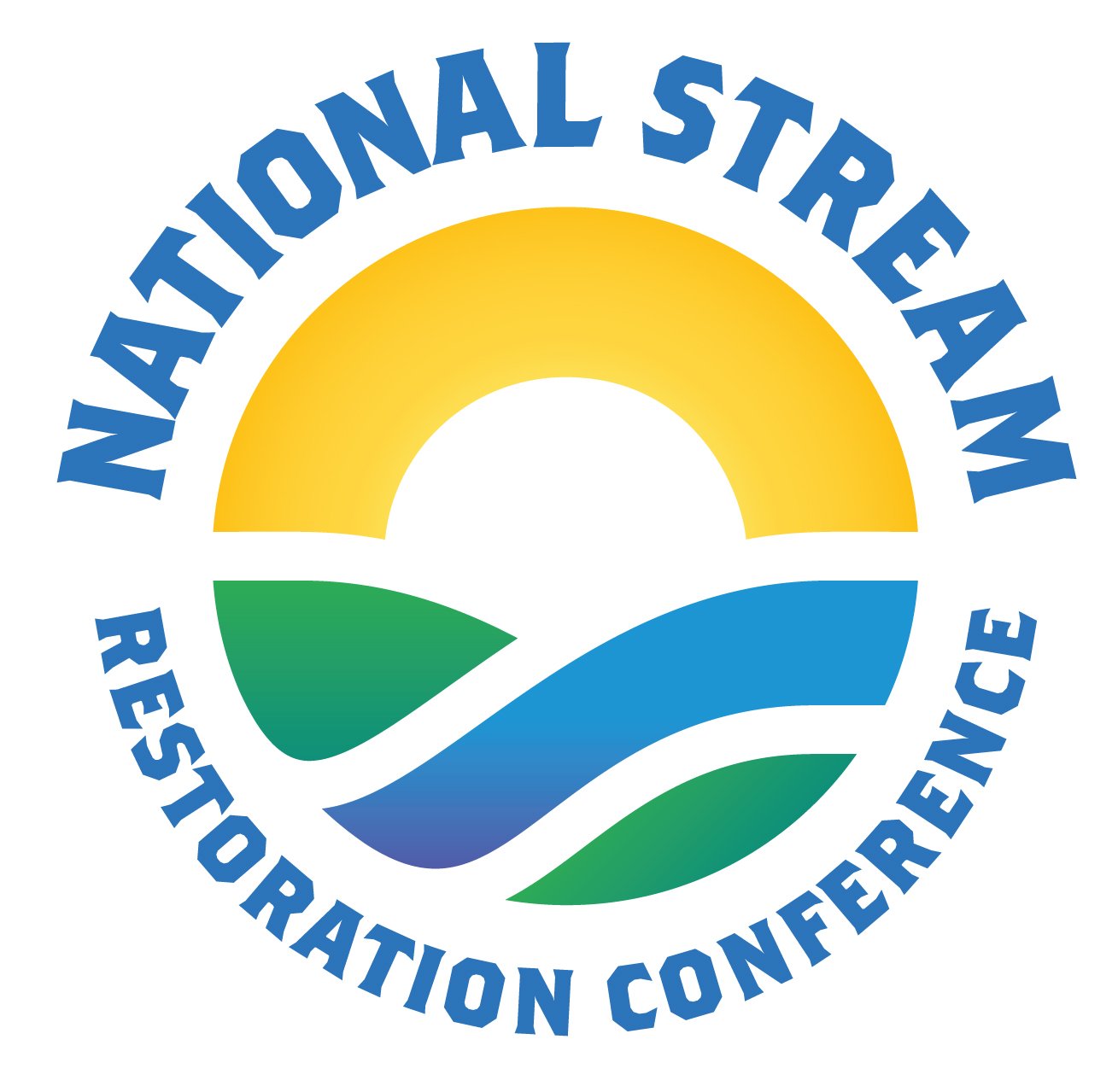Back to K Session Agenda
Developing Multidisciplinary Guidance for Resilience of Tidal and Near-Tidal Waterway Crossings
Katherine Blair
EA Engineering, Science, and Technology, Inc., PBC
Hunt Valley, Maryland
Author(s): N. Wildart, C. Overcash, B. Schrayshuen, M. Johnson
Ensuring resiliency of streams and wetlands, transportation networks, waterway crossing infrastructure at the tidal/non-tidal interface is one of the paramount challenges for states and municipalities due to climate change. Many municipalities do not have their own plans for addressing and prioritizing the expected impacts of sea level rise, storm surge, and precipitation increases and changing patterns on localized issues.
Draft guidance was developed to assist in the identification, prioritization, and planning of waterway-crossing replacements or modifications in existing and future tidal environments. This work builds on several previous and ongoing initiatives, including efforts to enable aquatic organism passage at upland stream crossings and evaluation of tidal crossing resilience. Guidance includes development of definitions and criteria and an internal crossing identification tool to prioritize and quantify the severity of crossing risk to the impacts of climate change. Detailed field reconnaissance on selected crossings was performed both on a state scale in Massachusetts and on a watershed scale in Maryland to better understand the existing and projected conditions of crossings. A robust Technical Advisory Committee was assembled to provide input, including municipality representatives, Massachusetts state government departments, university researchers, engineers, scientists, and regulatory personnel. This draft guidance will provide an important resource for addressing waterway transitional crossings for all coastal areas as the impacts of climate change continue to increase.
About Katherine Blair
Katherine Blair is an environmental scientist with EA Engineering, Science, and Technology, Inc., PBC (eaest.com), an environmental, compliance, natural resources, and infrastructure engineering services firm based in Hunt Valley, Maryland. Kat works in EA’s Climate Adaptation and Coastal Resilience group, supporting a variety of clients (including federal and state agencies) to explore and adopt nature-based solutions to climate risk. Other areas of her recent work include investigating the oceanographic impacts of utility-scale offshore wind energy development for the National Marine Fisheries Service and supporting energy sector clients to assess the environmental justice ramifications of project routing alternatives.
Prior to joining EA in 2020, Kat worked at the International Union for Conservation of Nature, where she coordinated a network of experts collaborating to advance the understanding of ecosystem-based adaptation and assisted projects in Peru, Uganda, and Nepal where local organizations and rural communities were using this approach to reduce community vulnerability to climate change.
Kat holds an M.S. in Geography and Environmental Engineering from Johns Hopkins University (2020) and a B.S. in Environmental Biology from McGill University (2013).

